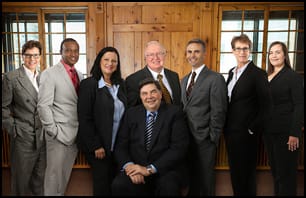The Minnesota Supreme Court, on August 9, 2017, answered a question that has plagued Minnesota employment lawyers for four years. Prior to August 9, 2017, an employee seeking to “blow the whistle” on the employer’s practices arguably had to demonstrate, as part of the employee’s “good faith” report, that the employee made the report for the “purpose of exposing an illegality.” I say arguably, because in 2013, the Minnesota Legislature had ostensibly removed this obligation when it codified a definition of “good faith” in the Minnesota Whistleblower Act. Despite this 2013 amendment, which most practitioners recognized significantly broadened the law in favor of whistleblowers, some courts stubbornly continued to apply the former court-created definition of “good faith.” In Friedlander v. Edwards Life Sciences, LLC, the Minnesota Supreme Court finally put that issue to rest by officially holding that the “purpose of exposing an illegality” is no longer a part of an employee’s burden of proof.
Minnesota Employers will not welcome this ruling as it amounts to the Court’s stamp of approval on the broader application of whistleblower claims as intended by the Legislature in 2013. Employers need to redouble their efforts to ensure they have appropriately documented.
Tom Marshall is an attorney with Engelmeier & Umanah, P.A. Tom primarily practices in workplace law, including discrimination matters, disability management issues, employer drug testing and other business matters, as well as training and counseling on policies, handbooks and other day-to-day employment issues. He has helped employers and employees obtain appropriate and effective resolution of disputes including a $2.6 Million federal verdict in favor of an employee who suffered disability discrimination. Tom has represented employer and employee litigants in Minnesota and other parts of the country. He has tried over 30 jury cases to verdict in state and federal courts. Tom can be reached at 612-455-7720 or [email protected]. discipline and termination decisions and trained their managers in proper workplace practices.


